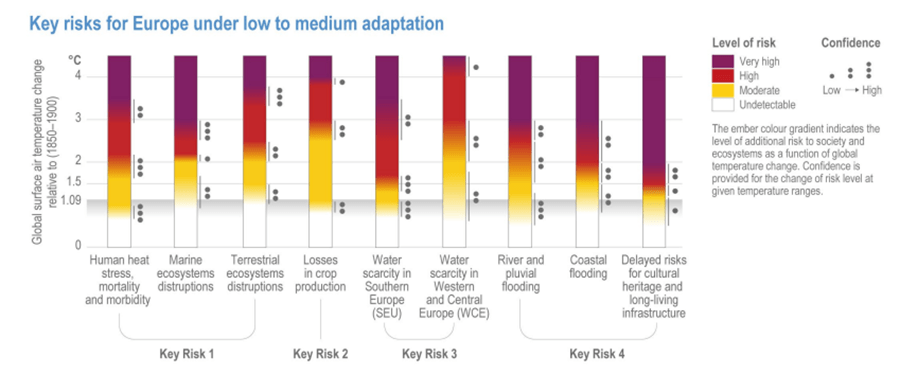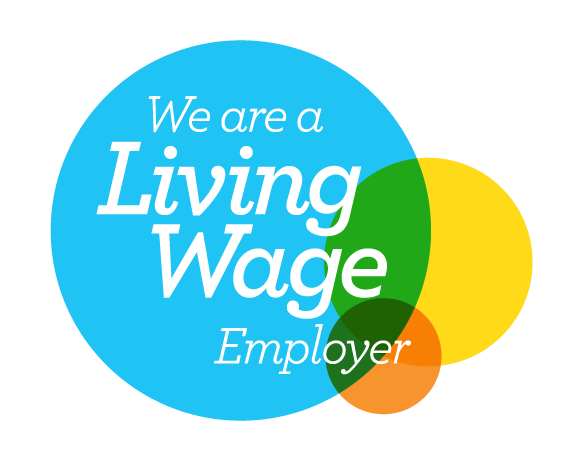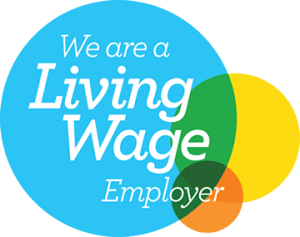An urgent call to action – what are the key takeaways from the IPCC’s new report?
What are the key takeaways from the IPCC’s new report?
“The scientific evidence is unequivocal: climate change is a threat to human wellbeing and the health of the planet. Any further delay in concerted global action will miss a brief and rapidly closing window to secure a liveable future.” - Hans-Otto Pörtner, a co-chair of Working Group II of the IPCC.
The IPCC’s new report, “Climate Change 2022: Impacts, Adaptation and Vulnerability”, details the near-, medium- and long-term risks posed by the climate crisis, focusing on who is most vulnerable to the changing climate's impact and how we can adapt to this existential challenge as a planet.
What are the observed and projected risks?
The report warns that the crisis is far worse than previously anticipated, and that immediate action is required to avoid irreversible catastrophes. Reaching a 1.5°C temperature increase from pre-industrial temperatures would cause unavoidable increases in climate hazards and risks to ecosystems and humans. The level of impact that this will have will depend on the vulnerability and level of socio-economic development and adaptation.
At present, global temperatures have already reached an increase of over 1.1°C above pre-industrial temperatures and the related impact is being felt worldwide. According to the report, increased climate extremes have led to sometimes irreversible impacts, as natural and human systems are pushed beyond their ability to adapt. Some of the present consequences of the changing climate include:
- Substantial damages, and increasingly irreversible losses, in terrestrial, freshwater, coastal and open ocean marine ecosystems
- Species extinctions
- Reduced food and water security - almost half of the world’s population is already facing severe water scarcity for at least one month a year
- Numerous negative impacts to physical and mental health, including increased climate-related food-borne and water-borne diseases; trauma from climate extreme events; respiratory distress; and diarrheal diseases worsened by higher temperatures and flooding
- Loss of property, income and livelihoods
- Displacement
The report also details the projected risks if global temperatures continue to climb.
Near-term risks include:
- Severe biodiversity loss in many terrestrial, freshwater, coastal and marine ecosystems
- Encroachment or submergence of coastal settlements and infrastructure caused by rising sea levels
Mid- to long-term risks include:
- Extreme damages to and transformation of ecosystems, including high risk of extinction. Specifically, in terrestrial ecosystems, 3 to 14% of species assessed will likely face very high risk of extinction at global warming levels of 1.5°C, with this figure increasing to 3 to 48% at 5°C. In ocean and coastal ecosystems, risk of biodiversity loss ranges between “moderate” and “very high” by 1.5°C global warming level and increases to “high” to “very high” across most ocean and coastal ecosystems by 3°C
- Challenges relating to physical water availability and management - around 800 million to 3 billion people at 2°C and 4 billion at 4°C warming are projected to experience water scarcity
- Pressure on food production and access, particularly in vulnerable regions
- Increased ill health and premature deaths – with over 9 million climate-related deaths per year projected by the end of the century
- Increased intensification of displacement, with figures suggesting between 31 million to 143 million people in Central and South America, Sub-Saharan Africa and South Asia displaced due to climate change by 2050
- Net economic damages
Who is most vulnerable to the changing climate's impact?
It is estimated that over 40% of the world's population, approximately 3.3 to 3.6 billion people, are "highly vulnerable" to climate change, with global hotspots of human vulnerability found particularly in West-, Central- and East Africa, South Asia, Central and South America, Small Island Developing States and the Arctic. It is estimated that by 2050, one billion people living on vulnerable low-lying islands and coastal areas will be threatened by rising sea levels.
People are more vulnerable in locations with poverty, governance challenges and limited access to basic services and resources, violent conflict and high levels of climate-sensitive livelihoods. Vulnerability is also worsened by inequality and marginalisation linked to gender and ethnicity, especially for many Indigenous Peoples.
Are we protected from climate change impacts in Europe?
Unfortunately, no. Although other regions are more vulnerable to the impacts of climate change, this crisis is impacting and will continue to impact all areas around the world. The diagram below outlines some of the key risks that Europe faces under low to medium adaptation.

What action is required to mitigate and adapt to these challenges?
The report found that current unsustainable development patterns are putting ecosystems and people more at risk to the negative impacts of climate hazards and that the magnitude and rate of these impacts will depend strongly on mitigation and adaptation.
Although adaptation efforts are being observed across many sectors and regions, the focus is currently on near-term climate risk reduction rather than transformational adaptation. According to the report, in order to effectively address the climate crisis, solutions must be flexible, multi-sectoral, long-term, and address social inequities while avoiding maladaptation.
The IPCC calls for urgent climate resilient development (CRD), driven by governments, civil society and the private sector and facilitated by international cooperation and partnerships with traditionally marginalised groups. Opportunities for CRD include inclusive urban planning, safeguarding biodiversity, and greenhouse gas (GHG) emission reduction. If immediate action is not taken to reduce GHG emissions, and consequently global temperatures, opportunities for CRD are greatly limited.
Adaptation efforts include:
- Improved irrigation and water management
- Agroforestry, farm and landscape diversification, and urban agriculture
- Conservation, protection and restoration of forests and terrestrial, freshwater, coastal and ocean ecosystems
- Urban greening
- Protection of natural river systems and wetlands
- Energy generation diversification, including renewable energy sources
- Strengthening the climate resiliency of health systems
- Disaster risk management and warning systems
These adaptation efforts must be supported by political commitment and action, institutional frameworks, as well as mobilisation of and access to adequate financial resources. Climate change is an urgent global issue which requires an immediate and inclusive global response.
BOOK YOUR 30-MINUTE ENERGY MANAGEMENT CONSULTATION
Fill in your details below to arrange a complimentary consultation with one of our experts. They will give you bespoke advice to help your business achieve all its energy needs, reducing cost, consumption and carbon.










